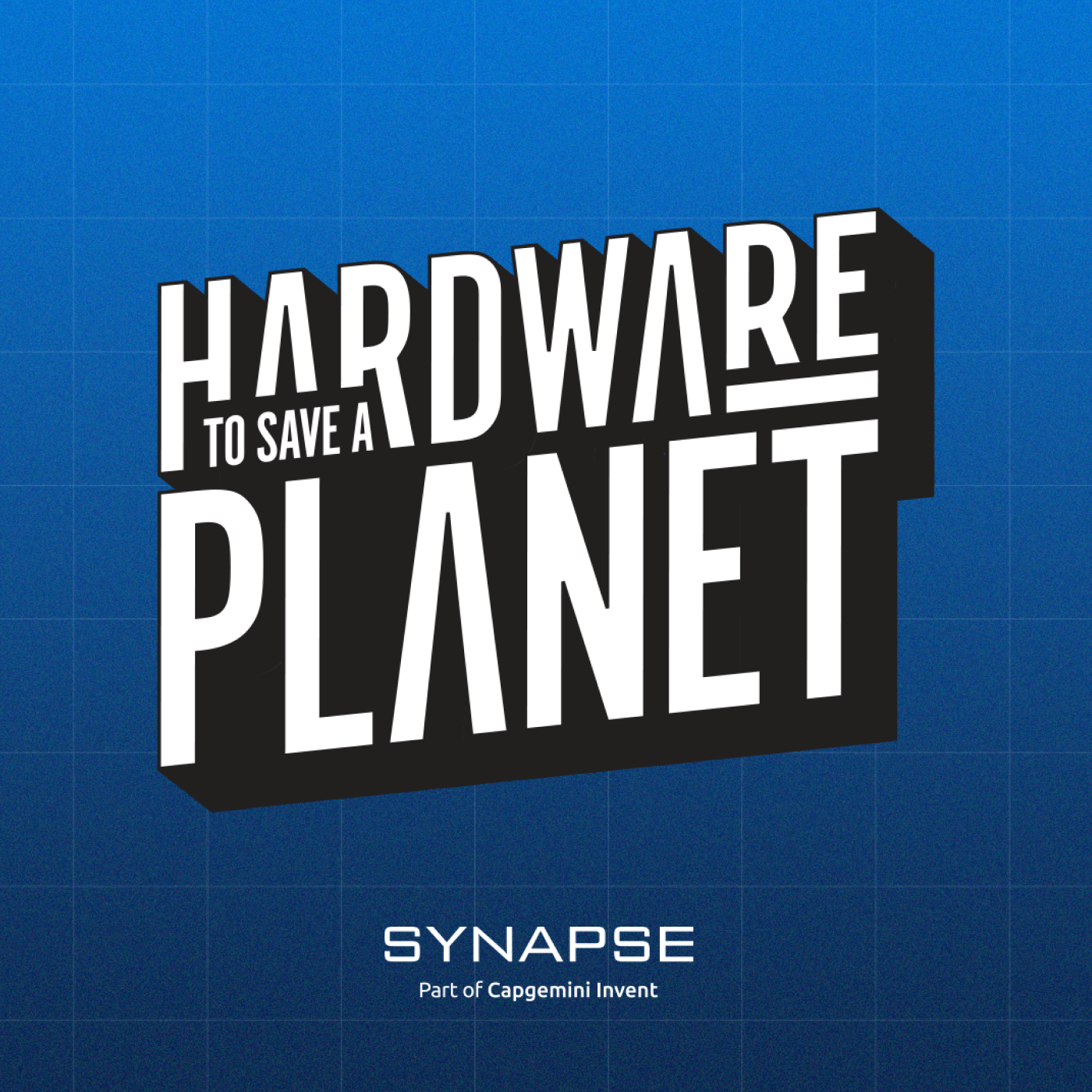Gigatons of Impact: Why Climate Hardware Needs Catalytic Capital
June 19, 2025

In this episode of Hardware to Save a Planet, host Dylan Garrett sits down with Johanna Wolfson, Co-founder and General Partner at Azolla Ventures, about the critical role of catalytic capital in scaling hardware climate solutions. Johanna explains why traditional VC models often fail to support breakthrough technologies and how Azolla's mission-driven approach helps tackle high-risk projects aimed at cutting super pollutants. Whether you're a founder or climate enthusiast, this episode sheds light on financing innovation that can deliver an outsized climate impact.
In this episode of Hardware to Save a Planet, host Dylan Garrett sits down with Johanna Wolfson, Co-founder and General Partner at Azolla Ventures, about the critical role of catalytic capital in scaling hardware climate solutions. Johanna explains why traditional VC models often fail to support breakthrough technologies and how Azolla's mission-driven approach helps tackle high-risk projects aimed at cutting super pollutants. Whether you're a founder or climate enthusiast, this episode sheds light on financing innovation that can deliver an outsized climate impact.
What you will learn:
- How catalytic capital differs from traditional venture funding
- Why 20-30% of the technologies needed to hit emission targets by 2040 will come from technologies not yet commercially available
- The investment strategy behind supporting "non-obvious" opportunities
- How climate tech companies should adapt to current market and political uncertainties
- Why adaptation and resilience technologies are becoming increasingly important
- How philanthropic capital can be leveraged to support high-risk, high-impact solutions
- Why focusing on super pollutants represents a critical opportunity for near-term impact
Johanna Wolfson is a Co-founder and General Partner at Azolla Ventures, a venture fund focused on investing in early-stage hardware companies with gigaton-scale emissions reduction potential by 2050. With a PhD in Physical Chemistry from MIT and experience at the Department of Energy, she specializes in eliminating barriers to commercialization for capital-intensive climate technologies. Her innovative approach to "catalytic capital" deployment enables support for high-impact climate solutions that may be too risky or long-term for traditional venture funding.
As a leader in climate tech investment, Johanna sits on the boards of several companies in carbon removal, agriculture, and mining, where she helps bridge the gap between breakthrough technologies and market implementation. Her work at Azolla Ventures demonstrates how strategic investment can accelerate the development of crucial climate solutions while maintaining both environmental impact and financial viability.
Episode Resource
- Johanna Wolfson on LinkedIn
- Azolla Ventures Website
- Dylan Garrett on LinkedIn
- Synapse Podcast Website
- Synapse Website
- Hardware to Save a Planet Apple Podcasts
- Hardware to Save a Planet Spotify
Hardware to Save a Planet is handcrafted by our friends over at: fame.so
If you are interested in sponsoring Hardware to Save a Planet, please see our sponsorship offer here.
Previous guests include: Peter Reinhardt of Charm Industrial, Carlos Araque of Quaise, Noah McQueen of Heirloom, Areeb Malik of Glacier, Jeff Satwicz of Bigbelly, Abe Schneider of Natel Energy, Insiya Jafferjee of Shellworks, Paul Gross of Remora, Erika Boeing of Accelerate Wind and Daniel Betts of Blue Frontier.
Check out our three most downloaded episodes:
If you are interested in sponsoring Hardware to Save a Planet, please see our sponsorship offer here.
Previous guests include: Peter Reinhardt of Charm Industrial, Carlos Araque of Quaise, Noah McQueen of Heirloom, Areeb Malik of Glacier, Jeff Satwicz of Bigbelly, Abe Schneider of Natel Energy, Insiya Jafferjee of Shellworks, Paul Gross of Remora, Erika Boeing of Accelerate Wind and Daniel Betts of Blue Frontier.
Check out our three most downloaded episodes:
- Going Big on Clean Energy with Small Fusion Reactors with Robin Langtry, Co-Founder and CEO of Avalanche Energy
- The Role of Energy Storage Systems in Combating Climate Change with Mike Wietecki of Powin and John Thomas of ESS
- Marine Electrification to Reduce Costs and Environmental Damage: A Conversation with Marcelino Alvarez, CEO of Photon Marine
If you have an interesting hardware solution to the climate crisis and would like the opportunity to share this with our audience, please complete this Guest Application form: https://fame.so/syn